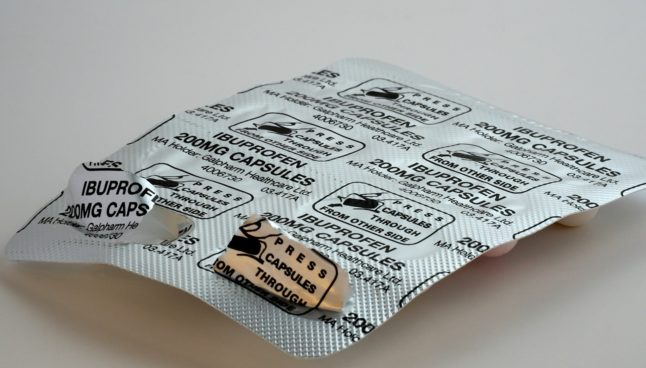Switzerland’s coronavirus measures are in place until at least February 28th.
On Monday, Swiss media reported Health Minister Alain Berset indicated not only would the lockdown be extended, but that a range of tighter measures were being considered.
READ MORE: Switzerland likely to tighten coronavirus measures to 'save summer': reports
This is despite infection rates falling across much of the country.
On Friday however, Berset indicated however that the Federal Council hadn’t ruled out a relaxation of at least some of the existing measures.
Speaking with French-language newspaper Le Nouvelliste, Berset said an easing of measures was likely.
“The Federal Council is likely to announce easing, because you have to be able to live.”
“The Federal Council will draw up the measures next week. Then there will be a consultation with the cantons,” he said.
Berset said that not all measures would be relaxed – and declined to say which ones were likely to be eased.
“We have to be careful. The Federal Council understands the frustration in the population. The Federal Council would also like to see easing, that's clear.”
He did however appeal to the population to stick to the rules in order to bring about an end to the lockdown sooner.
“If we want to prevent the situation from deteriorating, every last person must play along and adhere to the restrictions.”
‘No Covid group’
Motivated by the approaches taken in island countries such as Australia, Japan, Taiwan and New Zealand, Switzerland’s No Covid group is pushing for a tighter set of rules.
According to Switzerland’s NZZ newspaper, the strategy is based on “rigorous containment and rigorous testing”.
Under the plan, lockdowns are to be applied regionally – whether that be in municipalities, cities or cantons – and would only be lifted where the infection rate is 10 new infections over 14 days per 100,000 residents.
Currently, Switzerland’s infection rate is just over 250 new infections per 100,000 residents over the past 14 days – with not one canton having a lower rate than that suggested by the No Covid group.
The idea has been criticised, primarily from those who point out that Switzerland’s geography and integration with border areas makes it far more difficult to isolate regions than in the aforementioned island nations.



 Please whitelist us to continue reading.
Please whitelist us to continue reading.
Member comments